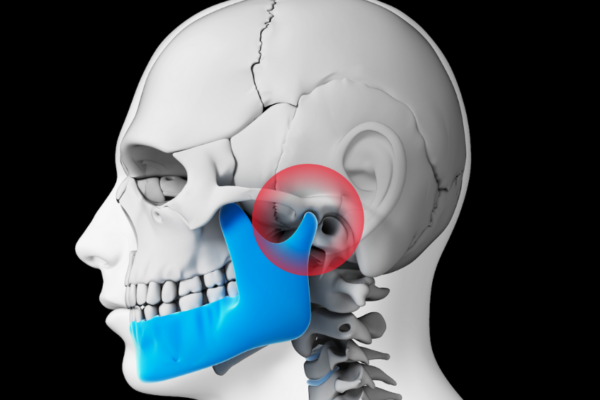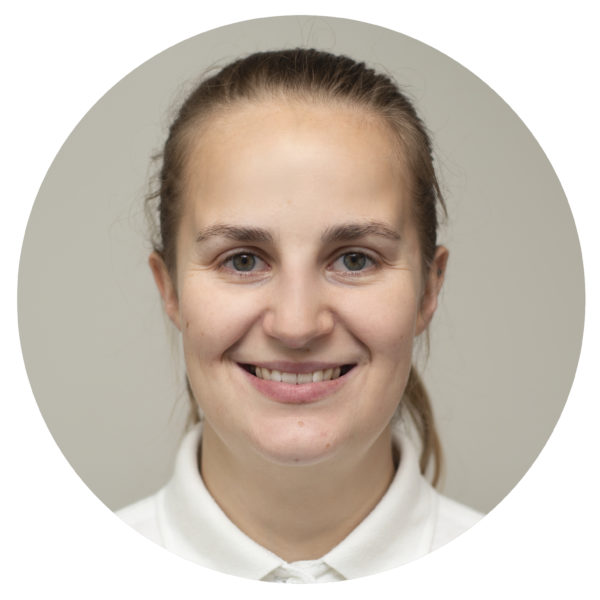
Temporomandibular Joint Disorder
TMD, or temporomandibular joint dysfunction, is a frequent ailment that restricts the typical functions of the jaw, such as opening and chewing. It’s commonly referred to mistakenly as “TMJ,” which stands for the name of the joint. TMD affects more women than males, and it is most commonly diagnosed in those between the ages of 20 and 40. Poor posture, prolonged jaw clenching, and misalignment of the teeth are among the reasons, as are fractures and diseases like lockjaw, in which the muscles around the jaw spasm and limit the opening of the mouth. Physiotherapists at Physiocare Twyford, Reading, can help with TMD by relieving pain, restoring normal jaw movement, and reducing daily jaw tension.
What Is Temporomandibular Joint Disorder?
TMD (temporomandibular joint dysfunction) is a common ailment that causes pain and impairs the natural function of the jaw, such as opening and chewing. The temporomandibular joint (TMJ) is a hinge joint in front of your ear that links your mouth to your skull. The TMJ controls jaw mobility and allows you to talk, yawn, or chew by opening and closing your mouth and moving it from side to side. TMD can be caused by a variety of factors, including:
- Bad posture habits: One of the reasons TMD is so widespread is that many of us spend so much time at a desk, where we frequently hold our heads too far forward when working. There are, however, many additional types of improper posture. Long commutes in the car, working at a checkout counter, and always holding your child on the same hip can all put the head in an unnatural position and cause jaw difficulties. The TMJ’s muscles, discs, and ligaments are strained by the “forward head position.” The chewing muscles are overworked as the jaw is forced to “rest” in an open position.
- Chronic jaw clenching (“bruxism”): Many people clench their jaws when sleeping, usually as a result of stress. Some people clench their teeth throughout the day, particularly when they are in a stressful circumstance. The TMJ and its surrounding muscles are strained as a result of this.
- Problems with teeth alignment (“malocclusion”): When performing everyday jaw actions like eating, the TMJ is put under more stress if your teeth are positioned in an odd way.
- Fracture: A fracture to the lower jaw may arise from a violent injury involving the face or head, causing TMD. TMJ stiffness and pain may persist even after the fracture has healed completely.
- Surgery: Following certain types of face and jaw surgery, people may experience a decrease of TMJ movement and function.
- Trismus (“lockjaw”): TMD can be both a cause and a symptom of this condition, in which the jaw muscles spasm and the jaw cannot fully open. Other causes of trismus include jaw injuries, tetanus, and face and neck radiation therapy.
- Displacement of the disc or soft-tissue cushion located between the ball and socket of the TMJ, which causes popping or clicking of the jaw and, frequently, pain.
- Arthritis in the TMJ.
Symptoms of Temporomandibular Joint Disorder
TMD symptoms might be short-lived or continue for years. The most common symptom is jaw pain. TMD can cause the jaw to lock or become trapped in one position or another. You might get headaches, have difficulty chewing particular meals, or have trouble fully opening your mouth.
TMD symptoms include:
- Jaw pain
- Popping sounds in your jaw
- Neck pain
- Locking jaw
- Jaw fatigue
- Ringing in your ears
- Dizziness
- Headache
CAUTION:
Jaw pain also can be a symptom of heart attack. Seek medical care immediately if jaw pain is accompanied by:
- Chest pain
- Shortness of breath
- Dizziness
- Left arm pain
- Numbness in the left arm
- Nausea
Diagnosis of Temporomandibular Joint Disorder
Your physiotherapist at Physiocare Twyford, Reading, may try the following to figure out what’s causing your symptoms:
- Examine your medical history and speak with your doctor about any previous surgeries, fractures, or other injuries to your head, neck, or jaw.
- Ask you to detail your symptoms, including any headaches, and look for any neck and TMJ pain patterns.
- Examine your jaw and neck, paying special attention to the soft tissue and muscles in the area.
Your physiotherapist in Twyford, Reading will examine your posture and the movement of your cervical spine, which is the upper part of your spine that is located in your neck. Your Twyford physiotherapist will assess your TMJ to see how well it functions and if any irregularities in your jaw movements exist.
If your physiotherapist in Twyford feels that your pain is caused by the position (“alignment”) of your teeth following the assessment, the therapist will recommend that you see your dentist for a more thorough examination.
How can a Physiotherapist at Physiocare Twyford, Reading help?
Your physiotherapists at Physiocare Twyford, Reading, can assist you in restoring natural jaw movement and reducing pain. Your therapist will choose therapies that are most effective for you based on your condition. Among your options for treatment are:
Posture Education
While you sit with your head tilted forward, you put more strain on the muscles beneath your chin, causing the lower jaw to draw back and the mouth to open even when you’re resting, putting more strain on the TMJ. You can also be overworking your jaw muscles in order to keep your mouth from being open all the time. When you sit or walk, your physiotherapist will educate you how to be more conscious of your posture so that you can improve the resting position of your jaw, head, neck, breastbone, and shoulder blades.
Improving Jaw Movement
Physiotherapists at Physiocare Twyford, Reading, utilise expert hands-on techniques (manual therapy) to help tissues and joints move more freely and relieve pain. Manual therapy may be used by your physiotherapist in Twyford to stretch the jaw and restore normal joint and muscle flexibility, as well as to break up scar tissue (“adhesions”) that can form when there is persistent injury.
Your Twyford physiotherapist will give you unique “low-load” exercises that can strengthen your jaw muscles and restore a more natural, pain-free motion without putting too much pressure on your TMJ.
Special Pain Treatments
If your pain is severe, your physiotherapist in Twyford may use electrical stimulation or ultrasound to help you feel better.
Book your appointment today – call 0118 934 4055 CONTACT US











